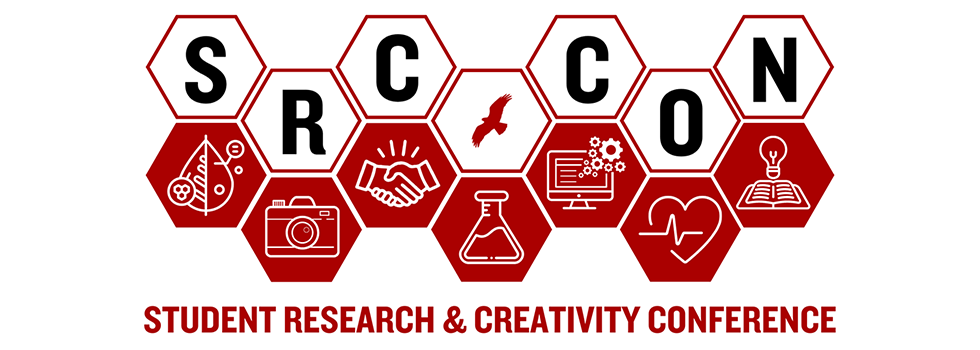Undernutrition Effects Across the Lifespan: Starving the Nervous System
Faculty Information
Heather Brown | Course: BIOL 4993 | Completed project
Presentation Type
Individual
Presentation Format
Poster
Start Date
10-5-2024 1:00 PM
End Date
10-5-2024 2:00 PM
Abstract or artist statement
The impact of undernutrition spans across the lifespan, from prenatal development to geriatric years. While the current research literature and public knowledge of undernutrition vastly support the obvious physical and mortal consequences of undernutrition, there are more subtle impacts that influence neurotransmitters, behavior, astrocytes, brain volume, and more – with effects that range across the lifespan. To what extent do these neurological changes occur, and what is their mechanism of action in various developmental stages? This literature review seeks to better understand these questions by synthesizing primary literature on rodent models. Prenatal protein malnutrition presents significant risks, with rodent models showing altered neurotransmitter spatial arrangements, increased lipid peroxidation, and resulting behavioral abnormalities. Caloric restriction in developed countries, as seen in anorexia nervosa, leads to brain atrophy and astrocyte loss, with refeeding largely restoring volume. Transcranial direct current stimulation is a promising neuromodulation therapy for treatment-resistant cases. Geriatric undernutrition exacerbates neurodegeneration, with protein and micronutrient deficiencies contributing to cortical volume loss and inflammatory responses. Mandated fortification and tailored dietary interventions offer potential solutions. Why are the neurological mechanisms of mental health well worth taking a deeper dive into? It can help us understand how exactly dementia surfaces with inadequate dietary intake, why patients with anorexia nervosa display rigidity with eating preferences, and how attention deficits arise. Inadequate mental health not only dampens quality of life, but also interrelates with physical health to impact overall well-being. Overall, undernutrition poses a pervasive threat to neurological health, necessitating interdisciplinary efforts to address it comprehensively.
Keywords: Neurology, Nutrition, Development
Undernutrition Effects Across the Lifespan: Starving the Nervous System
The impact of undernutrition spans across the lifespan, from prenatal development to geriatric years. While the current research literature and public knowledge of undernutrition vastly support the obvious physical and mortal consequences of undernutrition, there are more subtle impacts that influence neurotransmitters, behavior, astrocytes, brain volume, and more – with effects that range across the lifespan. To what extent do these neurological changes occur, and what is their mechanism of action in various developmental stages? This literature review seeks to better understand these questions by synthesizing primary literature on rodent models. Prenatal protein malnutrition presents significant risks, with rodent models showing altered neurotransmitter spatial arrangements, increased lipid peroxidation, and resulting behavioral abnormalities. Caloric restriction in developed countries, as seen in anorexia nervosa, leads to brain atrophy and astrocyte loss, with refeeding largely restoring volume. Transcranial direct current stimulation is a promising neuromodulation therapy for treatment-resistant cases. Geriatric undernutrition exacerbates neurodegeneration, with protein and micronutrient deficiencies contributing to cortical volume loss and inflammatory responses. Mandated fortification and tailored dietary interventions offer potential solutions. Why are the neurological mechanisms of mental health well worth taking a deeper dive into? It can help us understand how exactly dementia surfaces with inadequate dietary intake, why patients with anorexia nervosa display rigidity with eating preferences, and how attention deficits arise. Inadequate mental health not only dampens quality of life, but also interrelates with physical health to impact overall well-being. Overall, undernutrition poses a pervasive threat to neurological health, necessitating interdisciplinary efforts to address it comprehensively.
Keywords: Neurology, Nutrition, Development

